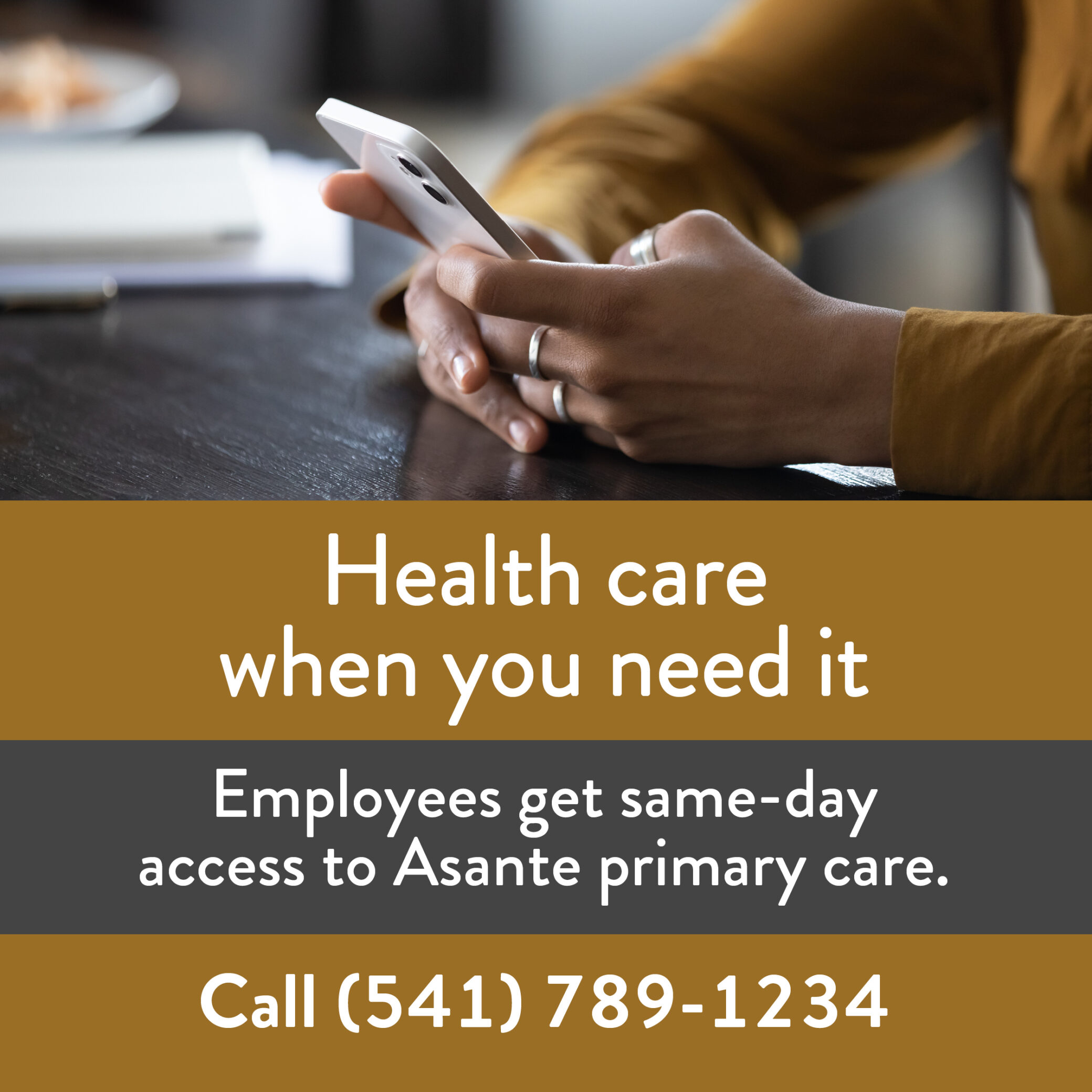Share:
 Working in health care has always been stressful. Even before COVID there was an epidemic of burnout among providers and other professionals.
Working in health care has always been stressful. Even before COVID there was an epidemic of burnout among providers and other professionals.
“Burnout” is not a diagnosis like depression, but rather a syndrome. It is characterized by three symptoms: emotional exhaustion, depersonalization (feeling like you are not acting or thinking like yourself; that you are disconnected) and a feeling of low accomplishment at work.
Unlike depression, burnout is site-specific — one can feel burned out at work and perfectly happy at home. However, burnout can lead to depression and other unhealthy behaviors such as excessive substance use.
COVID has placed additional stress on health care workers. The duration and scale of suffering has been unlike any pandemic in our lifetimes. Social isolation from distancing and remote work has loosened the connections that give us support. Those of us in direct patient care have worried about bringing the virus home. School closures exacerbated child care needs. Many of us have had physical symptoms, like insomnia, or psychological ones, like anxiety.
There are three domains that affect wellness at work: personal resilience, the health of the work culture and practical inefficiencies in work flows. As individuals, we only have complete control over personal resilience. We can exercise, meditate, connect with friends and family, etc. We have partial control over the culture of which we are a part and, depending on our job description, over work flow.
As shared earlier, Asante is providing more wellness resources, tools and support for its workforce. Although the professional well-being program was initiated by APP to help support providers, we have partnered with Asante Health Promotion’s existing beWell program to carry this work throughout the entire system and to all employees.
You can ask for personal guidance, ask questions, or make well-being suggestions by emailing
we******@as****.org
. If you are passionate about this topic and want to be part of well-being planning in your department, email us and when we start working in your area, we will contact you.
If you have a question, please contact the author or relevant department directly.



